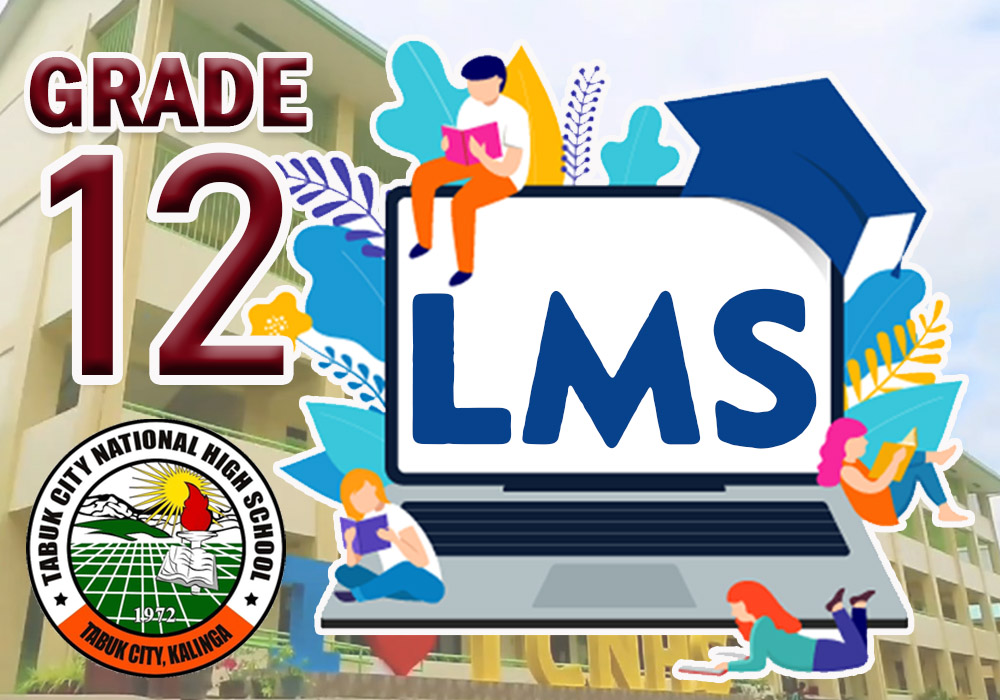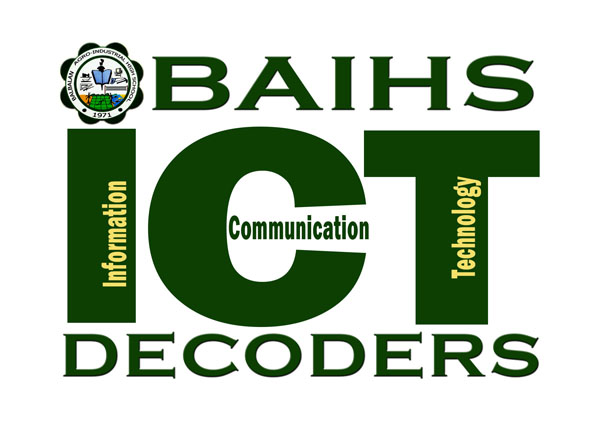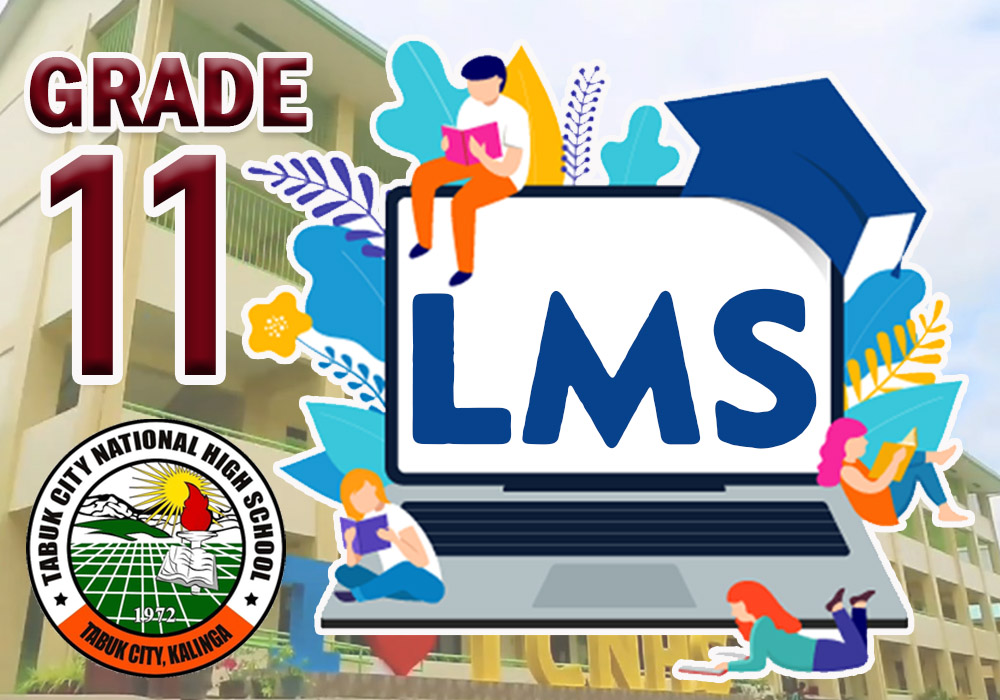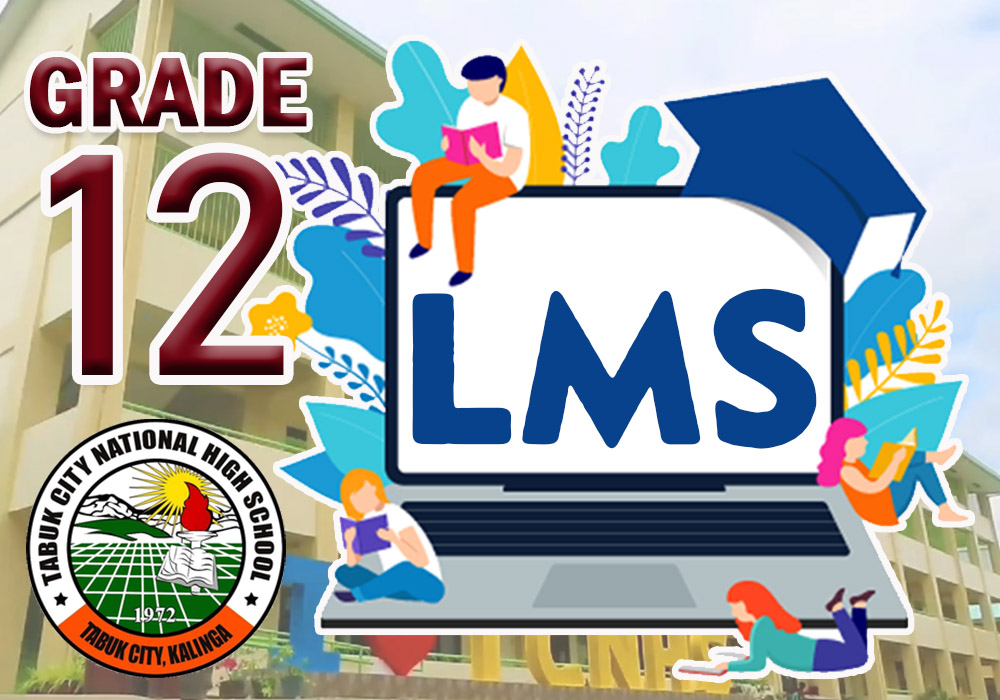Search results: 259

Creative Writing
Creative writing as a course gives learners opportunities to enhance and develop their practical and creative macro skills in reading and writing in the genres of fiction, poetry, drama and craft essay.

CREATIVE WRITING
The course aims to develop practical and creative skills in reading and writing; introduce students to the fundamental techniques of writing fiction,
poetry, and drama; and discuss the use of such techniques by well-known authors in a variety of genres. Each class will be devoted to the examination of techniques and to
the workshop of students’ drafts toward the enrichment of their manuscripts. Students learn how to combine inspiration and revision, and to develop a sense of form.

Creative Writing 12 - 318902 - Maribel O. Patangan
The course aims to develop practical and creative skills in reading and writing; introduce students to the fundamental techniques of writing fiction, poetry, and drama; and discuss the use of such techniques by well-known authors in a variety of genres. Each class will be devoted to the examination of techniques and to the workshop of students’ drafts toward the enrichment of their manuscripts. Students learn how to combine inspiration and revision, and to develop a sense of form.

DAT GRADE 7-TLE PRETEST
1. You installed a program on your computer but is not functioning correctly. Who
among the following ICT professionals will help solve the problem? (Critical thinking)
A. Computer Programmer C. Visual Arts Animator/Illustrator B.
Graphic Designer D.
Web and Game Developer

Disaster Readiness and Risk Reduction
Disaster Readiness and
Risk Reduction
 |
Quarter 3 – Module 2:
Risk Factors Underlying Disasters
Disaster Readiness and Risk Reduction

Disaster Readiness and Risk Reduction
Welcome to the (Disaster Readiness and Risk Reduction Grade 11/12) Alternative Delivery Mode (ADM) Module on Risk Factors Underlying Disasters!
This module was collaboratively designed, developed, and reviewed by educators both from public and private institutions to assist you, the teacher or facilitator in helping the learners meet the standards set by the K to 12 Curriculum while overcoming their personal, social, and economic constraints in schooling.
This learning resource hopes to engage the learners into guided and independent learning activities at their own pace and time. Furthermore, this also aims to help learners acquire the needed 21st century skills while taking into consideration their needs and circumstances.
In addition to the material in the main text, you will also see this box in the body of the module:


Dissemination on 2021 AIV Program
AIV- ALCoB Internet Volunteer
Institute of APEC Collaborative Education (IACE) has dispatched ALCoB Internet Volunteers (AIV) to 4~6 APEC economies since 2001 as one of APEC official projects in Korea, APEC Learning Community for Shared Prosperity (ALCom). The main activities include sharing know-how and experiences on international educational cooperation as well as professional educational programs such as consultation on education system, ICT model classes, and training for educational specialists (teachers, principals, etc.).
The first AIV Workshop in partnership with DepEd, through the International Cooperation Office (ICO) was held in Quezon City in 2018 followed in 2019 conducted in Surigao City.
The 2021 AIV Virtual Training with the theme “Building resilience in education against the COVID-19 pandemic by enhancing digital and cultural literacy of teachers in the APEC region” was participated by the Philippines and Malaysia simultaneously last August 30 to September 3, 2021 via Zoom.
Earth and Life Science*
Welcome to the Earth and Life Science Alternative Delivery Mode (ADM) Module on The Origin and Structure of the Earth – The Subsystems! The hand is one of the most symbolized parts of the human body. It is often used to depict skill, action, and purpose. Through our hands, we may learn, create, and accomplish many things. Hence, the hand in this learning resource signifies that you, as a learner, are capable and empowered to successfully achieve the relevant competencies and skills at your own pace and time. Your academic success lies in your own hands! This module was designed to provide you with fun and meaningful opportunities for guided and independent learning at your own pace and time. You will be enabled to process the contents of the learning resource while being an active learner.
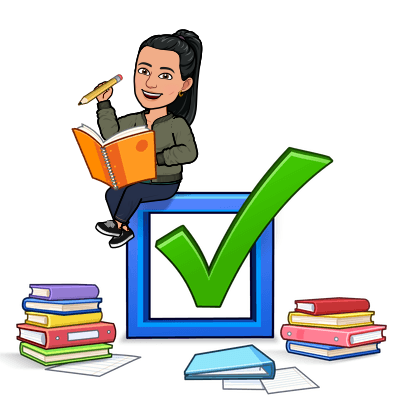
English 2-Quarter 4-135518-Mercy Grace B. Pis-oy
This course introduces the learners to the Fourth Quarter English lessons.
a.Read words with short e, a, i, o , and u sound in CVC pattern
b.Match the picture with its sight word
c.Spell 2-syllable words with short e, a, i, o, and u sound in CVC pattern
d.Use personal pronouns(e.g. I, you, he, she, it, we, they) in dialogues
e.Use demonstrative pronouns (this/that, these/ those)
f.Use the most frequently occurring preposition (e.g. on, over, under, to, from, above, etc.)
g.Differentiate words with different medial vowels (eg: cap-cop-cup; fan-fin-fun)
h.Read phrases, short sentences and short stories consisting of words with short e, a, i, o,
and u then answer the Who, What and Where questions about them
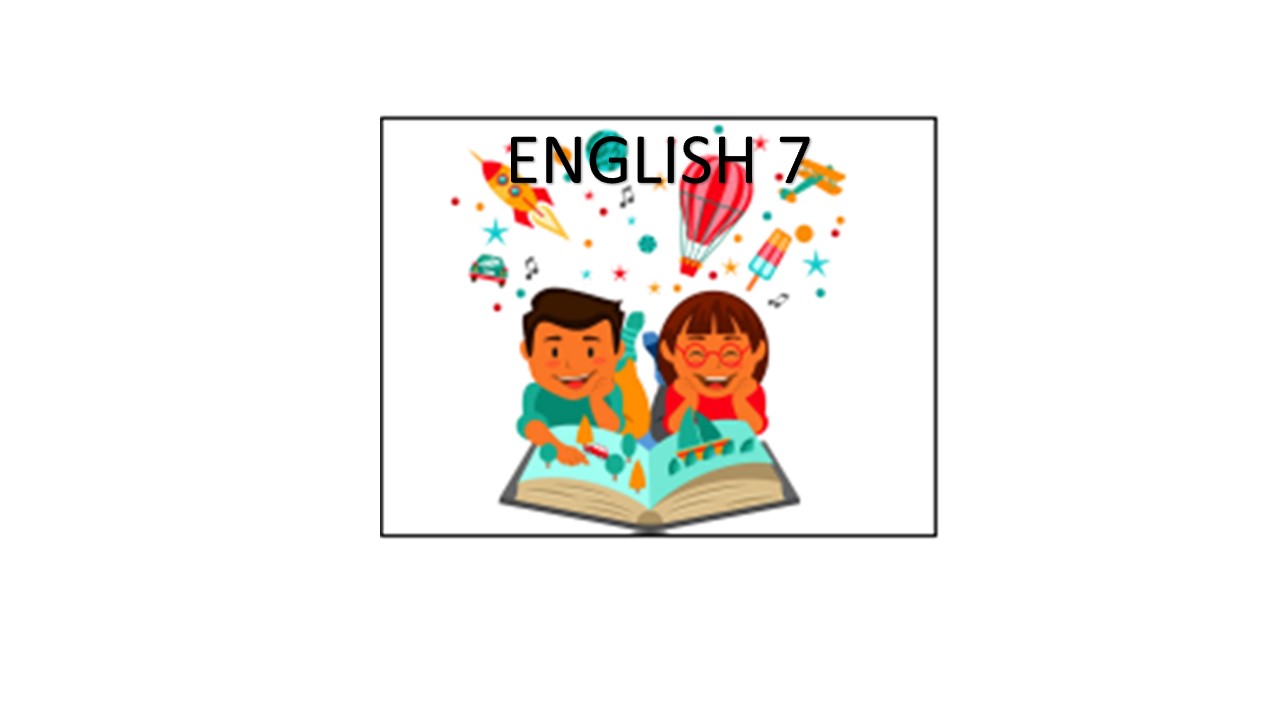
English 7
The learner demonstrates understanding of pre-colonial Philippine literature as a means of connecting to the past; various reading styles and comprehend Philippine literature during the Period of Apprenticeship as a means of examining conflicts; various purposeful listening and viewing strategies; difference between literal and figurative language; ways to extract and condense information based on library sources; verbal and non-verbal cues in oral communication; and types of phrases, clauses, and sentences.
The learner demonstrates understanding of: Philippine literature in the Period of Emergence as a tool to assert one’s identity; strategies in listening to and viewing of informative and short narrative texts; word relationships and associations; informative speech forms; and use of direct/reported speech, passive/ active voice, simple past and past perfect tenses, and sentence connectors and contemporary Philippine literature as a means of responding to the demands of the global village; various extended text types; lexical and contextual cues; appropriate and polite oral language, stance, and behavior; and use of imperatives, prepositions, verbs, and wh-questions.

English 7 - Q3 Lesson 4
English 7 - Quarter 3 - Lesson 4
CONTENT:
Journalistic text (News)
Diction and writing style in journalistic articles
Quoting, paraphrasing, and summarizing words and statements
Learning Competency:
Examine the quality and structure of a news article as a journalistic text.
Learning Objectives:
a. Analyze the text’s diction and writing style at a sentence level.
b. Distinguish varied techniques of quoting, paraphrasing, and summarizing words and statements.
